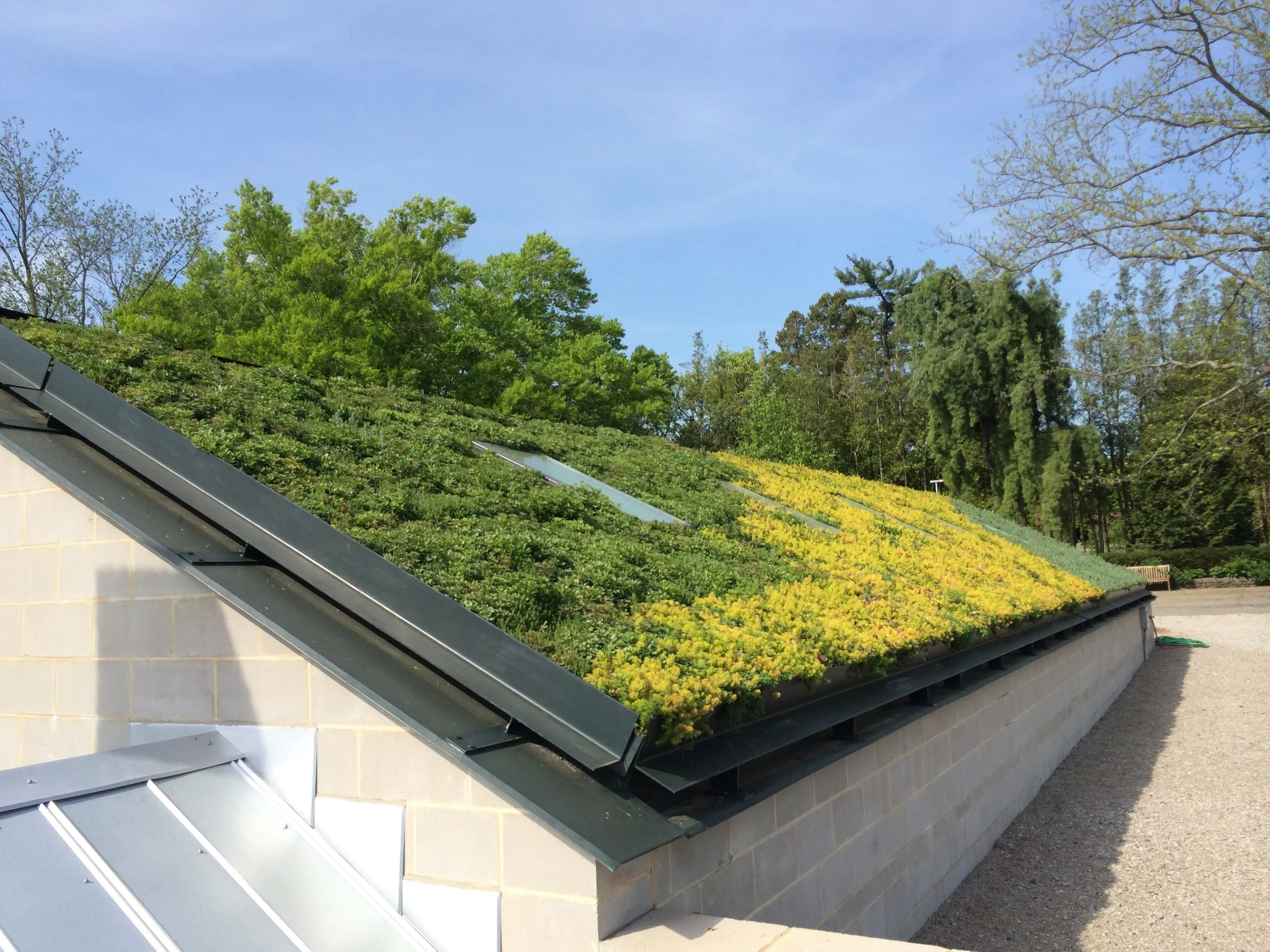Maximizing Sustainability and Minimizing Disruption
As the commercial real estate landscape evolves, sustainability has moved from a differentiator to a requirement—particularly for premium businesses in Louisville’s hospitality, retail, and professional services sectors. New benchmarks like LEED v5 and local code updates are raising the bar for energy efficiency, carbon reduction, and indoor environmental quality. For business owners, project managers, and design professionals, the challenge lies in achieving these sustainability milestones without sacrificing operational continuity or the high-caliber brand experience your customers expect.
The New Reality: Decarbonization Meets Premium Demand
Decarbonizing premium commercial spaces is more than swapping out lightbulbs. Decision makers must navigate a web of code updates, emerging certification requirements, and rising customer expectations—all while maintaining the aesthetic and functional standards that set their brand apart. This is especially complex in Louisville, where local permitting, historic preservation, and regional grid considerations add layers of nuance to each project.
Key regulations impacting Louisville projects in 2025:
LEED v5 Certification: Expanded criteria for embodied carbon, energy performance, and healthy materials.
Louisville Metro Building Code Updates: Tighter standards for envelope performance, HVAC efficiency, and water use.
Federal and State Incentives: New and renewed tax credits and rebates for energy-efficient upgrades, renewable energy integration, and electrification.
Integrating Sustainability Without Business Disruption
Achieving world-class sustainability is only half the battle—holding steady on brand promise and customer experience is equally vital. Here’s how leading businesses are getting it right:
1. Adopt an Integrated, Early-Stage Planning Approach
Bring your builder, architect, and sustainability consultants together from the start. Early engagement enables thoughtful phasing, material selection, and code compliance strategies that avoid costly late-stage surprises and minimize operational interruptions.
Case in Point: A downtown Louisville boutique hotel renovated by Kiel Thomson Company achieved LEED Gold while staying open thanks to phased construction, offsite pre-fabrication, and transparent guest communications.
2. Prioritize Low-Disruption Construction Methods
Opt for prefabricated components, modular assemblies, and offsite fabrication whenever possible. These methods shorten on-site construction windows, reduce noise and dust, and make it feasible to maintain business operations in occupied spaces.
3. Select Premium, Sustainable Materials
Today’s market offers abundant options that deliver both sustainability and refined aesthetics: FSC-certified woods, low-carbon concrete, recycled metals, and biophilic finishes. These materials support green certifications and elevate the sensory experience for your guests or clients.
4. Leverage Financial Incentives to Offset Costs
From federal ITC/PTC credits to state-level rebates and local utility incentives, comprehensive planning can unlock significant funding for sustainability upgrades. Work with a contractor who understands the landscape and can help you document eligibility and compliance.
5. Commit to Transparent Project Management
Clear communication and timeline management keep all stakeholders on the same page, minimizing surprises. Use digital tools for real-time updates, phased scheduling, and customer notifications—particularly crucial for retail and hospitality businesses where perception drives revenue.
Why Process Matters: The Kiel Thomson Approach
At Kiel Thomson Company, we believe the most successful projects pair sustainability with operational sensitivity and craftsmanship. Our design-build method integrates:
Early stakeholder engagement
Local code and LEED v5 expertise
Occupied-space best practices
Meticulous scheduling and transparency
Ongoing support after project completion
This approach has helped our clients—from landmark retail galleries to creative office interiors—capture the benefits of green building without missing a beat in their business operations or brand experience.
The Path Forward
Sustainability is not a box to check but a value driver for premium commercial spaces. With the right team and process, you can embrace Louisville’s evolving green standards—and come out with a space that is as operationally seamless as it is environmentally responsible. If you’re ready to navigate your next renovation, adaptive reuse, or ground-up build with minimal disruption and maximum impact, Kiel Thomson Company is your partner for the journey.


